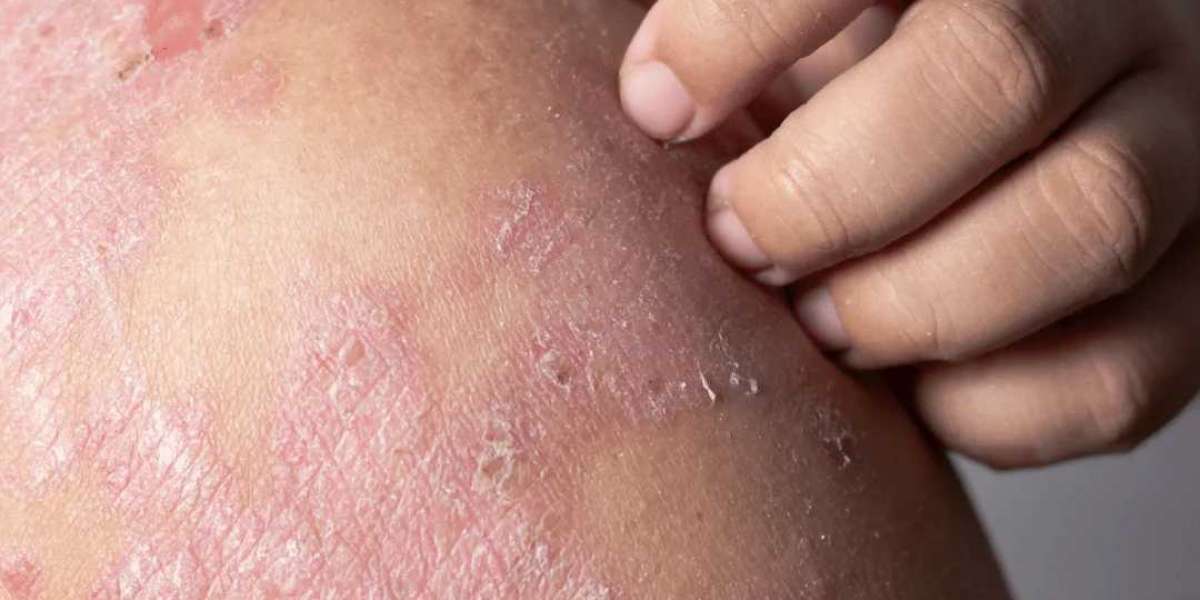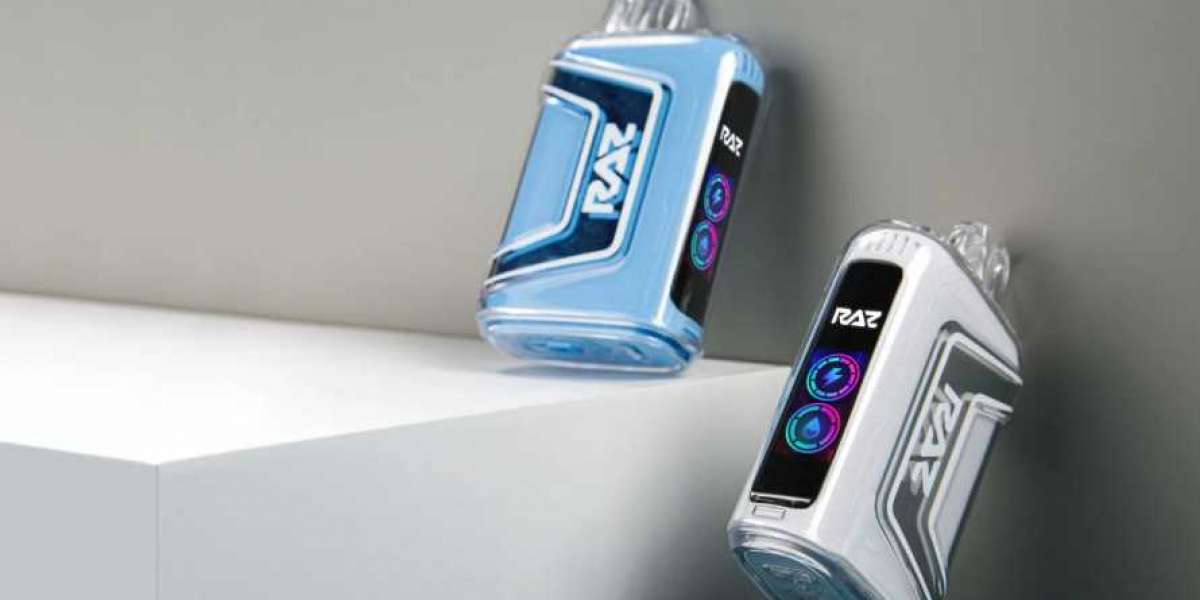Introduction
Dealing with shoulder eczema can be frustrating, especially when itchy, red patches seem to appear out of nowhere. If you’ve been struggling with persistent flare-ups, you’re not alone. Many people experience eczema on their shoulders due to allergies, environmental factors, or stress. The good news? By identifying your triggers and using the right treatments, you can manage and even prevent future outbreaks. Let’s dive into the causes, solutions, and prevention strategies for shoulder eczema.
What Is Shoulder Eczema?
Shoulder eczema is a type of atopic dermatitis that causes dry, inflamed, and itchy skin on the shoulders. Unlike regular dryness, eczema often comes with redness, scaling, and sometimes oozing blisters. It can be triggered by external irritants or internal factors like allergies and stress.
Common Causes of Shoulder Eczema
Allergic Reactions
Your skin might be reacting to something it doesn’t like. Common culprits include:
- Fabrics: Synthetic materials like polyester can trap sweat and irritate the skin.
- Detergents: Harsh chemicals in laundry soap may trigger contact dermatitis.
- Metals: Nickel in jewelry or bra straps can cause allergic reactions.
- Food Allergies: Some people notice flare-ups after eating dairy, nuts, or gluten.
Environmental Triggers
Weather plays a big role in shoulder eczema:
- Dry Air: Winter can strip moisture from your skin.
- Humidity: Sweat buildup in summer can worsen irritation.
- Pollution: Smoke and chemicals can aggravate sensitive skin.
Stress and Hormonal Factors
Ever noticed your skin flaring up during stressful times? Stress weakens your skin’s barrier, making it more prone to eczema. Hormonal changes (like during periods or pregnancy) can also trigger outbreaks.
How to Identify Your Triggers
Keeping a Symptom Diary
Track when flare-ups happen. Did you wear a new shirt? Try a new soap? A diary helps pinpoint patterns.
Patch Testing for Allergies
A dermatologist can perform patch tests to identify specific allergens causing your shoulder eczema.
Effective Treatments for Shoulder Eczema
Medical Treatments
- Topical Steroids: Reduce inflammation quickly.
- Immunomodulators: Non-steroid options for long-term use.
Natural and Home Remedies
- Oatmeal Baths: Soothe itching and inflammation.
- Coconut Oil: Locks in moisture naturally.
- Aloe Vera: Calms redness and irritation.
The Role of Moisturizers
A good fragrance-free cream is essential. Look for ceramides, hyaluronic acid, or shea butter to repair your skin barrier.
Preventing Shoulder Eczema Flare-Ups
Choosing the Right Clothing
Opt for breathable cotton instead of synthetic fabrics.
Adjusting Your Skincare Routine
Avoid sulfates and fragrances in soaps and lotions.
Managing Stress and Lifestyle Factors
Try yoga, meditation, or deep breathing to keep stress—and eczema—under control.
When to See a Doctor
If your shoulder eczema isn’t improving, becomes infected, or spreads, consult a dermatologist.
Conclusion
Managing shoulder eczema starts with understanding your triggers and adopting a skincare routine that works for you. Whether it’s switching to a fragrance-free cream, avoiding allergens, or reducing stress, small changes can make a big difference. Stay consistent, and your skin will thank you!
FAQs
Can shoulder eczema spread to other body parts?
Yes, if untreated, eczema can spread to nearby areas like the neck and back.
Is shoulder eczema contagious?
No, eczema is not contagious—it’s an immune-related condition.
How long does it take for shoulder eczema to heal?
With proper care, mild cases improve in 1-2 weeks, while severe cases may take longer.
Can diet affect shoulder eczema?
Yes, certain foods (like dairy or nuts) can trigger flare-ups in some people.
What’s the best fabric to wear with shoulder eczema?
Soft, breathable cotton is ideal—it reduces friction and irritation.






